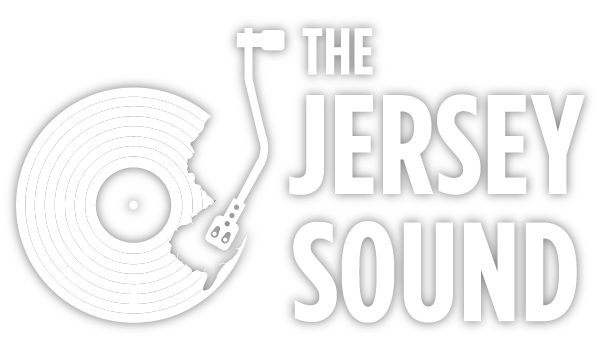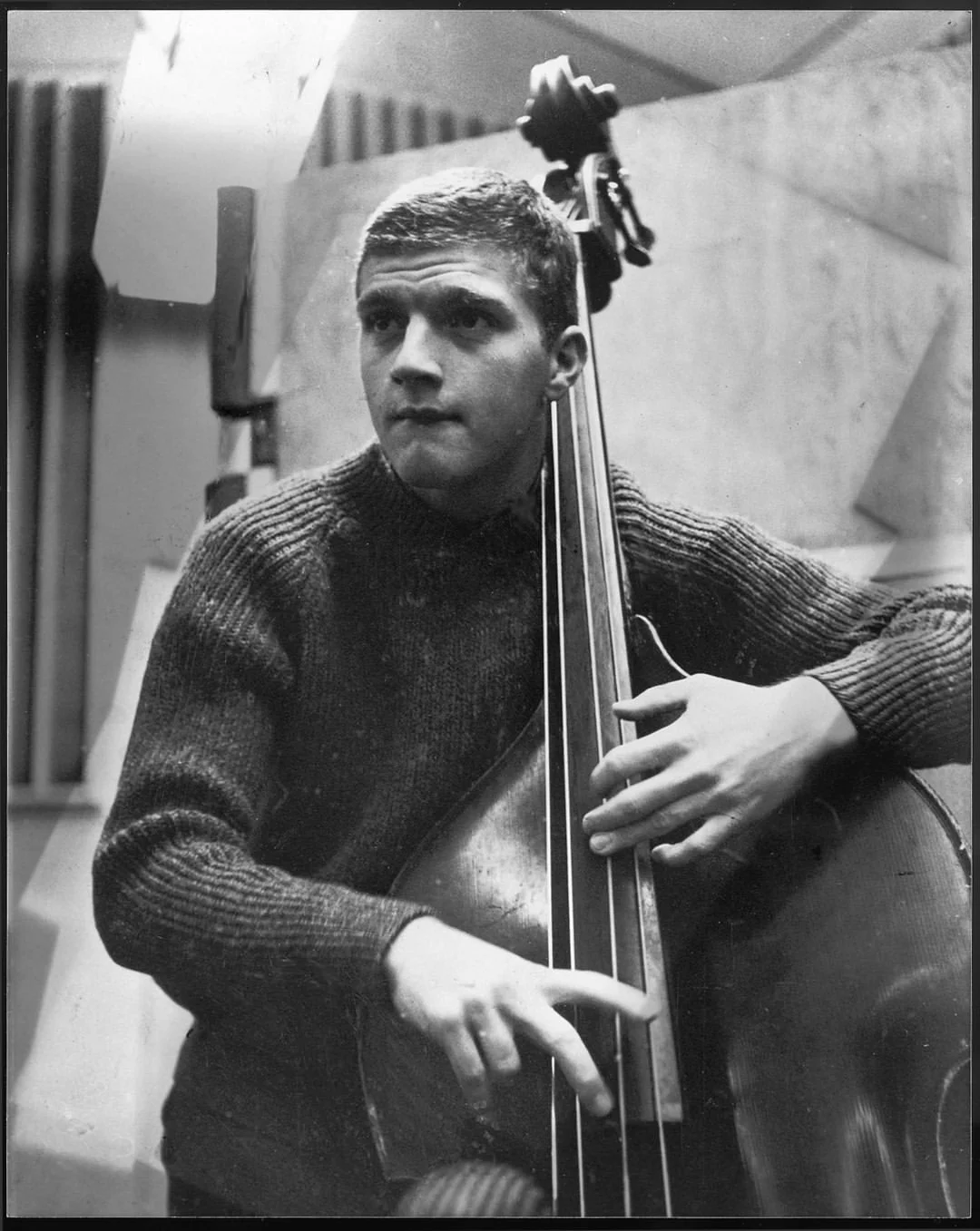History: Scott LaFaro
In 2009, Jade Visions: The Life and Music of Scott LaFaro, by his sister Helene LaFaro-Fernandez, was published. It told the tale of an amazingly talented bass player, born in Newark, that went on to become one of the 20th Century’s most influential jazz musicians. His landmark recordings with the groundbreaking Bill Evans Trio in 1959 to 1961 are still considered state-of-the-art. Evans was from Plainfield. The Philadelphia drummer, Paul Motian, kept things complex and on a tight-wire, using cross-rhythms and elements of other genres to the point where he freed the traditional use of drums away from decades of only keeping time. Between the three of them, they made a combustible, pinwheeling, carnivalesque mix of incredible complexity. Many called their sound “counter-melodic.”
Lafaro is still mentioned today in hushed tones of reverence. He worked with and added so much to the music of Chet Baker, Ornette Coleman, Stan Kenton, Cal Tjader and Benny Goodman. He fielded calls from Miles Davis and probably would have joined him had not the unthinkable happened.
(Advertisement) Story continues below…
On July 6, 1961, in Upstate New York, four days after he wowed the crowd at the Newport Jazz Festival playing in the band of Stan Getz, he was heading home to see his mom. LaFaro, unlike many jazz geniuses, didn’t smoke, drink or take drugs. But he liked to drive fast. At around 1:45 a.m., he fell asleep at the wheel, veered off the highway completely and right into a tree, dying instantly. He was 25.

